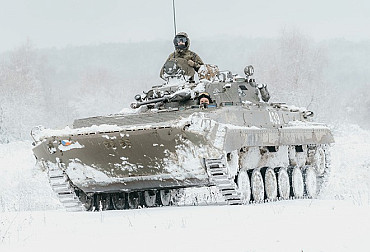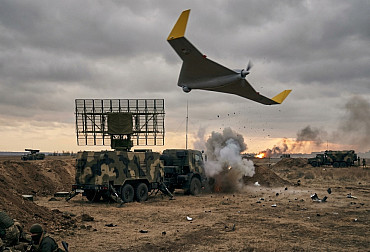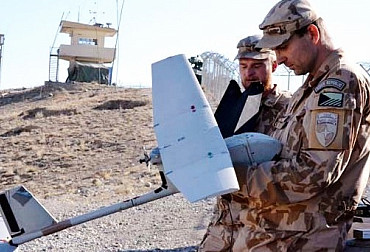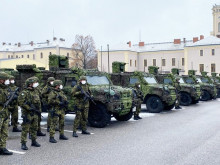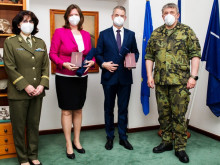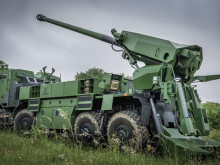Czech chemists played a key role in the IRON WOLF 25-I exercise and achieved Alliance certification
Nearly four thousand soldiers from several NATO member states took part in the recent IRON WOLF 25-I exercise to assess the readiness of the Lithuanian Multinational Battle Group and train for specific attack scenarios. Among others, members of the 31st Radiation, Chemical and Biological Protection Regiment from Liberec – who have been stationed at the Lithuanian base in Rukla since the beginning of this year – also took part in the exercise. According to representatives of the Czech Army and Alliance command, Czech chemists played a key role during the manoeuvres and successfully passed NATO certification.
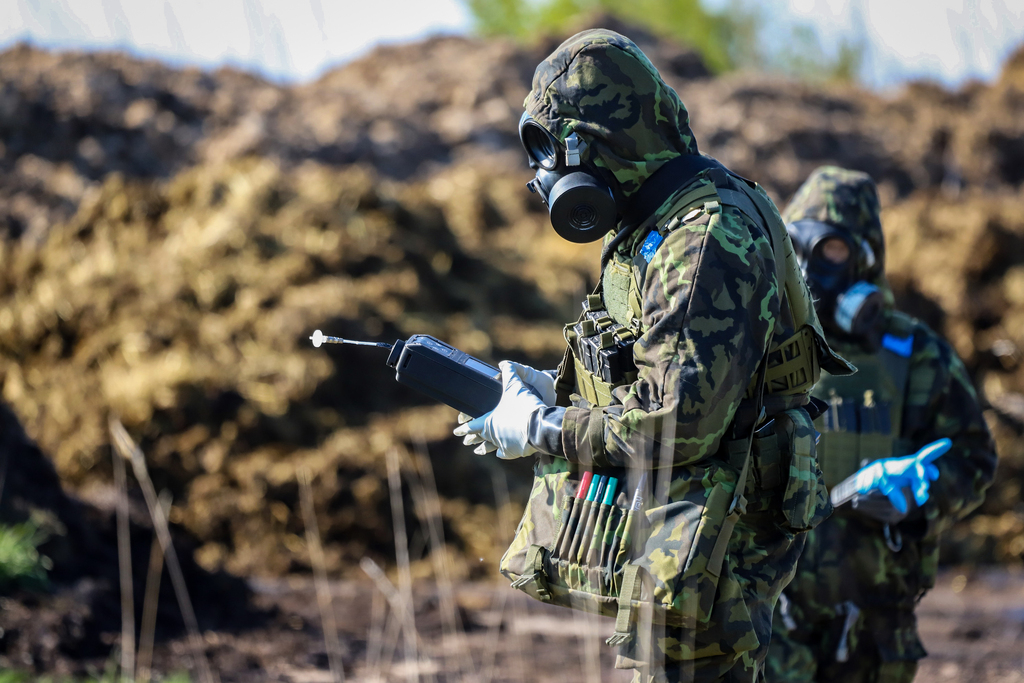
The Lithuanian Iron Wolf Brigade led exercises together with a multinational NATO combat group in Rukla, in the neighbouring Gaiziunai training area. IRON WOLF 25-I involved 3,700 soldiers and 700 pieces of military equipment from several NATO member states, including the Czech Republic, Germany and Norway. The units practised planning and conducting defensive and offensive operations, including simulating threats from chemical or radioactive substances.
"During the IRON WOLF 25-I certification exercise, an infantry unit was hit by a flammable chemical warfare agent after a simulated mortar artillery attack. The Czech chemical, biological and radiological protection company responded immediately – specifically the platoon for decontamination of personnel and the wounded," the multinational NATO combat group described in a post on social media. ’In close cooperation with the MedCoy team, it carried out the mission flawlessly and demonstrated a high level of readiness to respond to chemical threats."
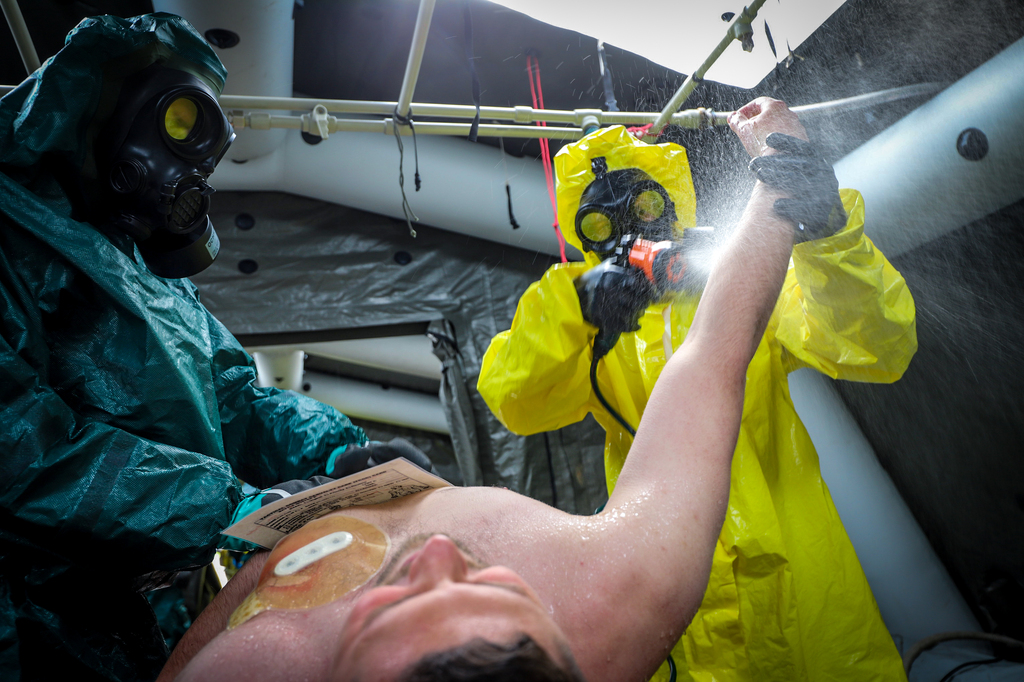
Chemists from the 31st Radiation, Chemical and Biological Protection Regiment in Liberec joined NATO’s enhanced Forward Presence (eFP) mission in January this year. The multifunctional company performs radiation and chemical reconnaissance and decontamination tasks, using, among other things, new modern vehicles for radiation and chemical reconnaissance on IVECO chassis and TITUS wheeled armoured communication vehicles.
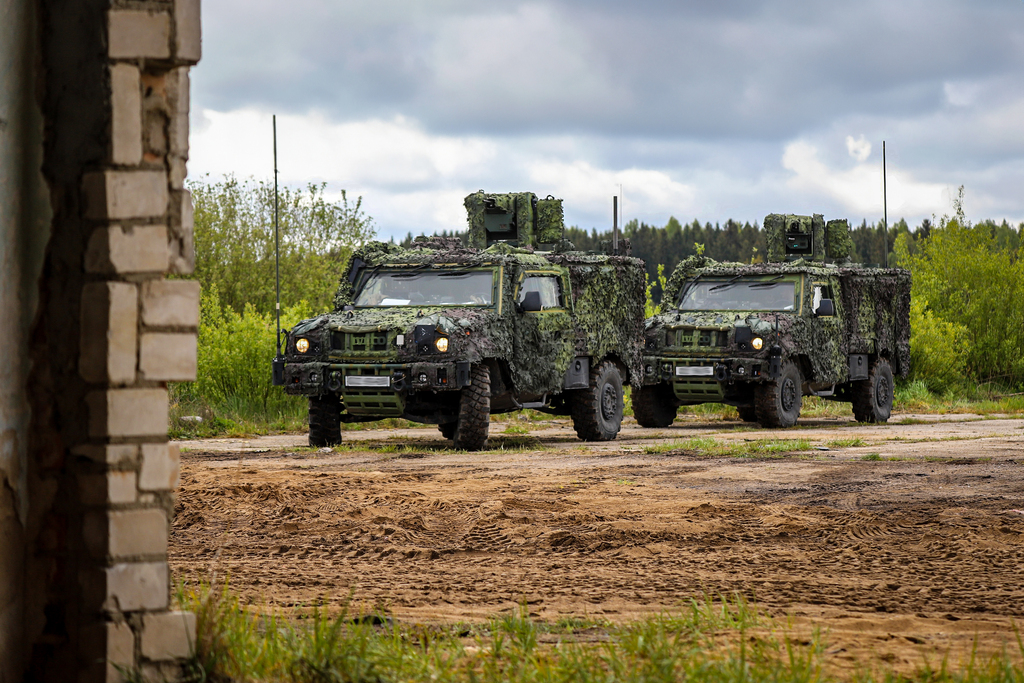
Czech specialists also participated in designing extraordinary scenarios for attacks with weapons of mass destruction. ‘Individual incidents were designed to reflect the current situation, be realistic and gradually increase in difficulty, including international cooperation between Czech chemists and a multifunctional CBRN team from the Lithuanian army,’ describes Captain D. B., adding: ‘We prepared the incident sites to simulate almost real-life environments, such as a hidden laboratory, a hazardous materials warehouse, sample collection at a railway platform, decontamination of wounded persons near a fire station, and decontamination of combat equipment at a local airport.’
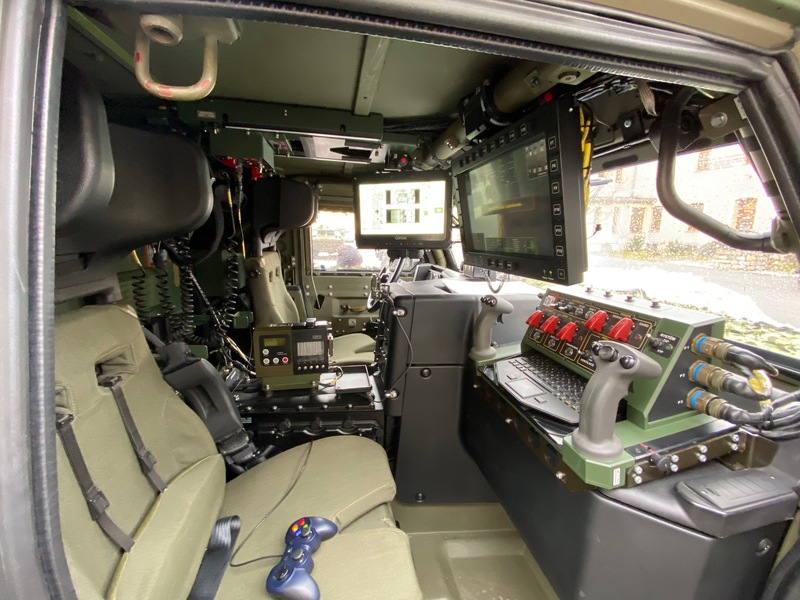
Czech chemists, working with their German air force counterparts, also transported NH-90 helicopters to designated locations. The difficulty and intensity of the tasks gradually increased, but the assigned tasks were successfully completed. All units were comprehensively tested during the exercise and successfully certified based on the exercise results.
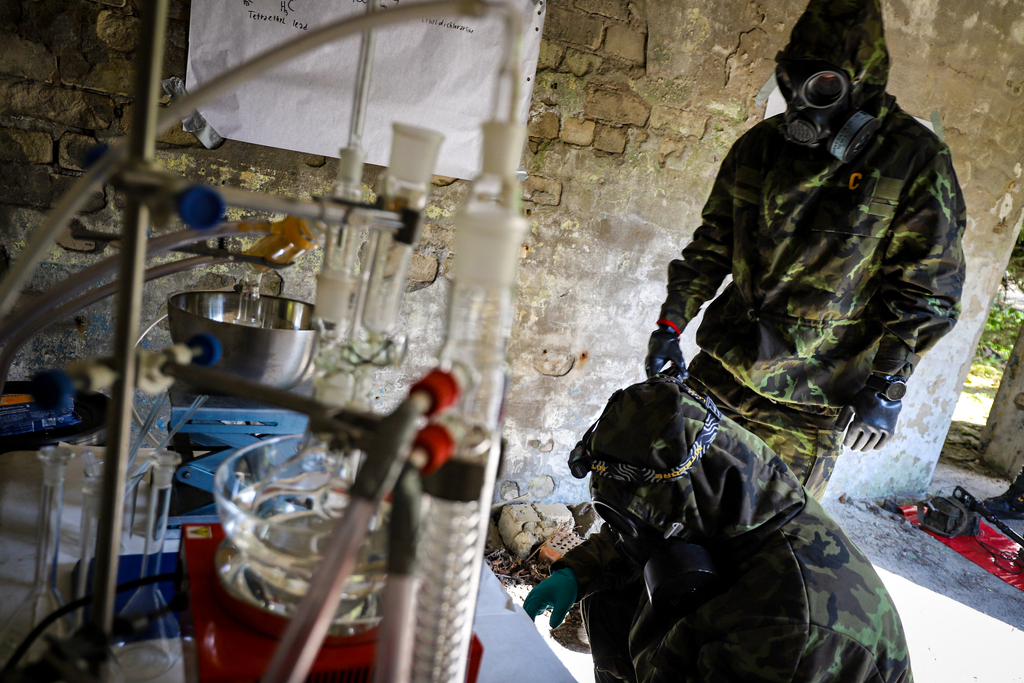
The exercise culminated in an airborne operation carried out by the US Army's 173rd Airborne Brigade, which marked the transition of the operation to the Swift Response 2025 exercise. ‘It is important to note that this exercise is a practical implementation of the regional defence plans agreed at the NATO summit in Vilnius,’ commented Lithuanian Defence Minister Dovilė Šakalienė in an official statement, also recalling the importance of such exercises at a time when Russian aggression in Ukraine is still ongoing. Lithuania, like the rest of the neighbouring Baltic states, is most concerned about a possible invasion from the east. ‘We are testing our readiness, chains of command and interaction with our allies. This is a practical demonstration of our preparations for collective defence and the synchronisation of our national defence plan with NATO plans,’ Šakalienė added.
According to the participants themselves, exercises such as IRON WOLF 25-I not only help maintain overall combat readiness but also facilitate synchronisation across allies, for example by practising English and standardised commands. "There are always challenges, such as differences in what a word means to you and to me. But in the end, we basically speak the same language. So it's very interesting to plan and conduct tactical operations within NATO. It's joint training. We come from different units, and the fact that we all come together during this exercise strengthens us as a group," said Major Andreas Hultgren of the Norwegian Army.
‘Together with our Lithuanian partners, we are showing throughout the IRON WOLF 25-I exercise that we are always ready to defend Lithuania, and together with our allies, it was once again a really great exercise that showed that all NATO members can work together and fight together,’ said Lieutenant Colonel Malte Bolanz, commander of the Lithuanian Multinational Battle Group, assessing the IRON WOLF 25-I exercise.











